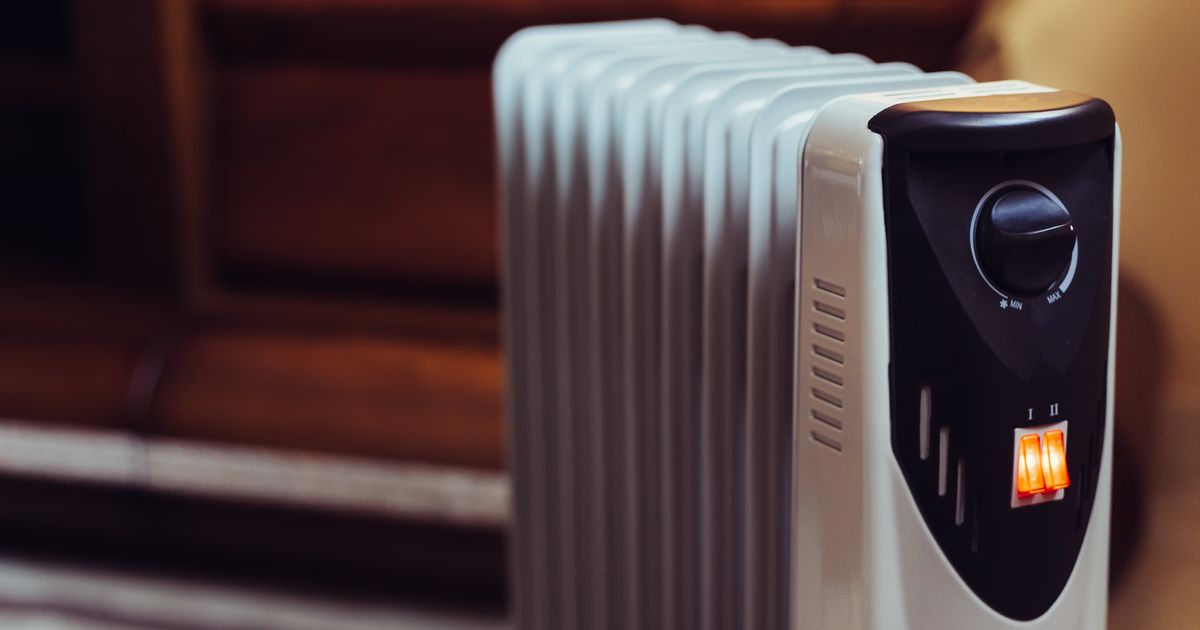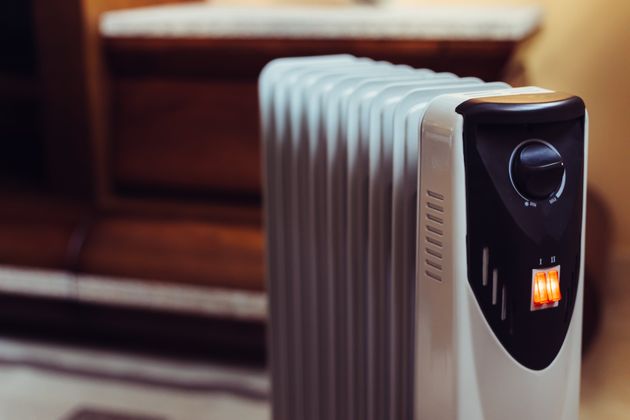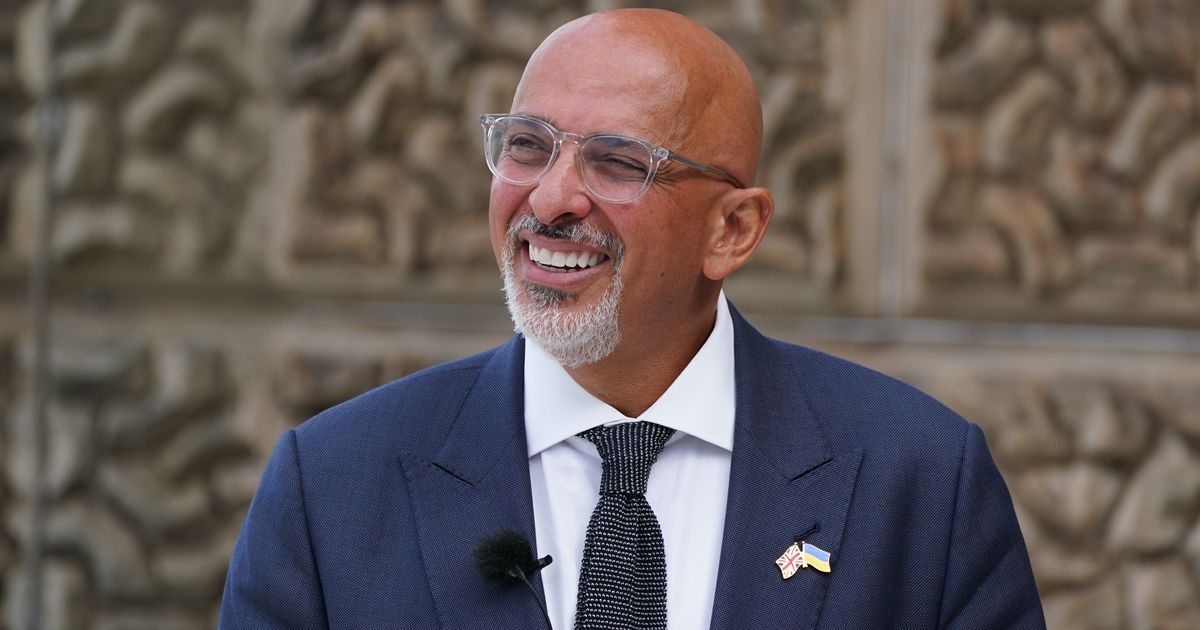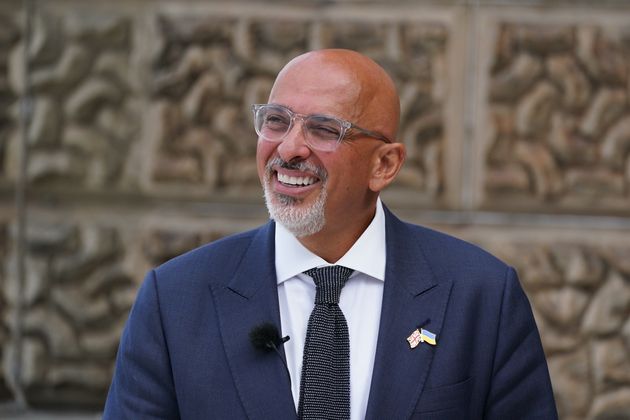Energy bills are set to climb again this autumn – but what happens if you actually can’t pay?
The energy regulator Ofgem will announce another substantial increase in the energy price cap on Friday, with industry experts expecting the annual average cost to jump from the current £1,971 to £3,553.
Fuel poverty and blackouts are becoming a pressing worry for millions across the country, so the grassroots movement, Don’t Pay UK, is calling for people to boycott energy payments from October 1.
What would happen?
If you don’t pay your bill for 28 days, your supplier may get in touch to explain how they could disconnect your gas or electricity.
If they decide to cut you off, suppliers must offer you a chance to pay your debt through a payment plan.
What if you can’t pay off your debt?
Suppliers can apply for a warrant to enter your home and disconnect your supply if you do not reach a settlement about paying off your debt.
They should send you a notice of this, to let you know that they’re applying to court.
Citizens Advice recommends you try to come to an agreement with your supplier prior to the hearing.
It also suggests attending the court hearing even if you haven’t spoken to your supplier, as it’s still possible to come to an arrangement.
If the court grants the warrant, suppliers have to provide a week’s notice in writing before coming to your property and disconnecting the supply.
If your meter is outside your home, your supplier won’t need a warrant to cut you off.
Similarly, if you have a smart meter, suppliers could cut you off remotely – although they must contact you about repaying your debt first, and visit your home to check in with your personal circumstances.
However, Citizens Advice claims suppliers are more likely to fit a prepayment meter in your home than apply for a warrant.
Who can’t be disconnected?
If you are of State Pension age, your supplier cannot cut you off between October 1 and March 31 if you live alone, or you only live with other people of State Pension age (or children under 18).
Your supplier also has to offer support if someone you live with has reached State Pension age, is disabled, or has a long-term physical or mental health condition.
This, again, applies between October 1 and March 31.
Your supplier could set you up with a payment plan during this time.
What is the ‘vulnerability commitment’?
Most UK suppliers are also part of the Energy UK Vulnerability Commitment, which means they will not disconnect you during this six-month period if you live with a child under 16.
Any supplier who is part of this promise also won’t disconnect a household at any time of the year if you are disabled, have long-term health issues, severe financial problems or children under the age of six living with you.
But, for those who have not signed the agreement, they are not obliged to take your personal circumstances into consideration.
Citizens Advice explains that you can make a complaint against your supplier if you think they’ve disconnected you when they should not have done so.
How do you get access to energy supplies again?
You would need to contact your supplier, pay your debt, the reconnection fee and administrative costs.
Some suppliers may request a security deposit too, although only if you do not have a prepayment meter installed.
Once these payments have gone through, you should be reconnected within 24 hours (or within 24 hours of the next working day if they money goes through out of hours).
If this does not happen, you may be entitled to £30 compensation within 10 working days, either as credit to your account, cheque or bank transfer. Further delays will mean more £30 payments.
So, how would Don’t Pay UK work?
As rising energy bills are one of the primary reasons the UK is stuck in a cost of living crisis (while gas and oil giants are reaping huge profits), Don’t Pay UK is calling for immediate action.
It wants at least one million people to pledge not to pay their energy bills if the government does increase the energy price cap on October 1.
However, the campaign is discouraging anyone not on prepayment meters who could face self-disconnect if their credit runs out from getting involved.
This includes households where the energy bills are part of the rent, and for those who risk eviction if bills go unpaid.
If you are struggling to afford your energy bills, you should follow the advice set up by Citizen’s Advice.







